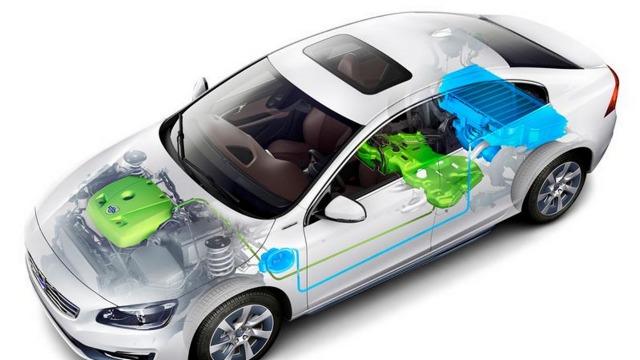Chalmers University of Technology
Latest

Eco-friendly aluminum batteries might power solar and wind farms
Renewable energy might soon have storage batteries that are more environmentally friendly in their own right. Researchers have developed a new form of aluminum battery with twice the energy density of previous designs, making the technology more practical for large-scale projects like solar and wind farms while using more sustainable materials. The trick was to replace the usual graphite cathode (the positive electrode) with anthraquinone, an organic carbon-based molecule that ups the density by storing positive charge carriers coming from the electrolyte.

Amputees can now control artificial limbs with their minds
Artificial limbs controlled by muscle movement are already a thing, but what if someone developed a way to wire a prosthetic directly into someone's nervous system? That's what a team at Chalmers University have achieved with an implantable prosthetic system that relies entirely upon neural control. Where the existing tech requires surface sensors, this osseointegrated implant is akin to having a USB port wired into your nervous system, offering a much greater level of control. Even better, the device isn't vulnerable to electromagnetic interference from outside sources, enabling the test subject, a lorry driver who lost his arm a decade ago, to use a power drill without worry. The team is already working on treating more patients, and is even researching a way for the limb to send stimulus back to its wearer, enabling them to once again feel the things that they're touching. [Image Credit: Linda Bränvall and Martin Carlsson / Chalmers University]

Researchers maximize your hybrid's battery by learning your routine
Researchers have figured out a way to make your Prius even more efficient by tracking your route to work. Right now your car uses the battery until its power runs out and then starts dipping into your gasoline supply. It's a solution that works, but isn't the best use of power. Viktor Larsson from Chalmers University of Technology developed a system that analyzes that monotonous route you take to work (including that much-needed Starbucks detour), and then determines how to get the most out of your battery. For instance, your car might switch to gas on the highway where it's more efficient and save your stored power for the stop-and-go traffic in the office park.


